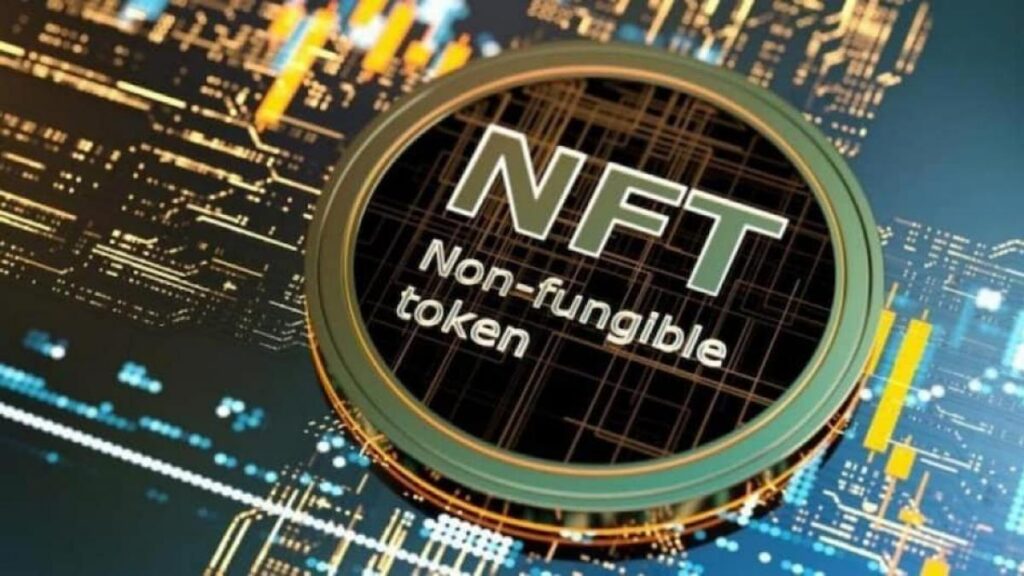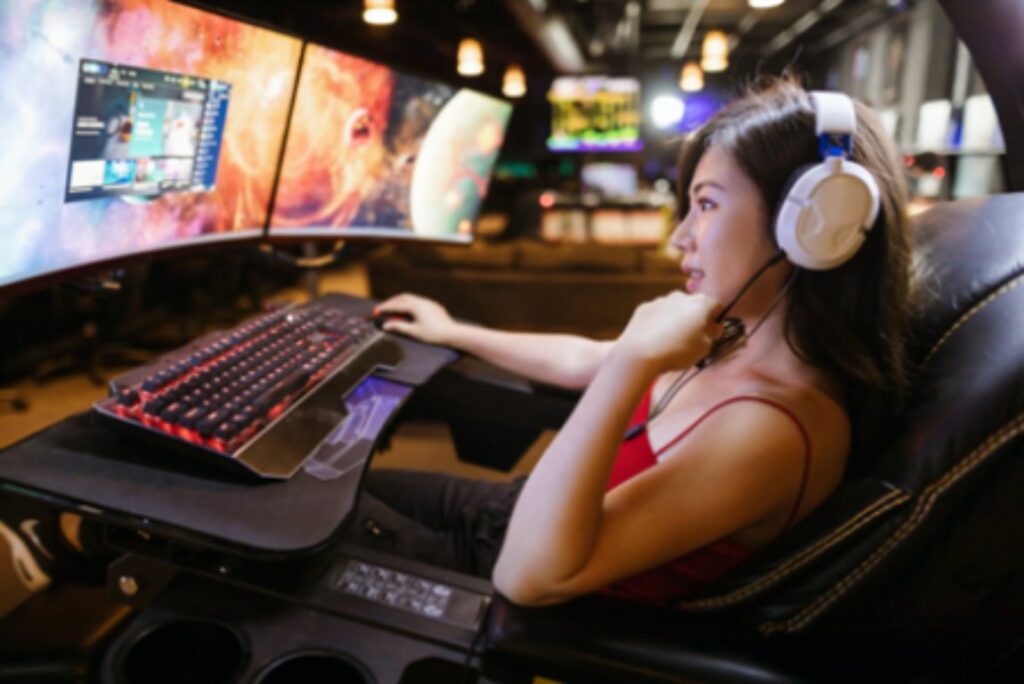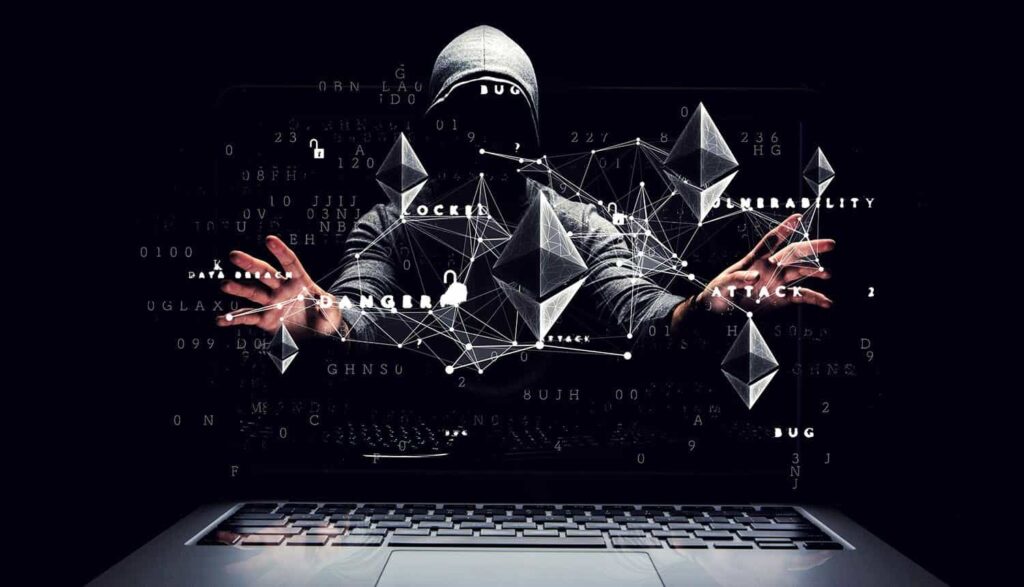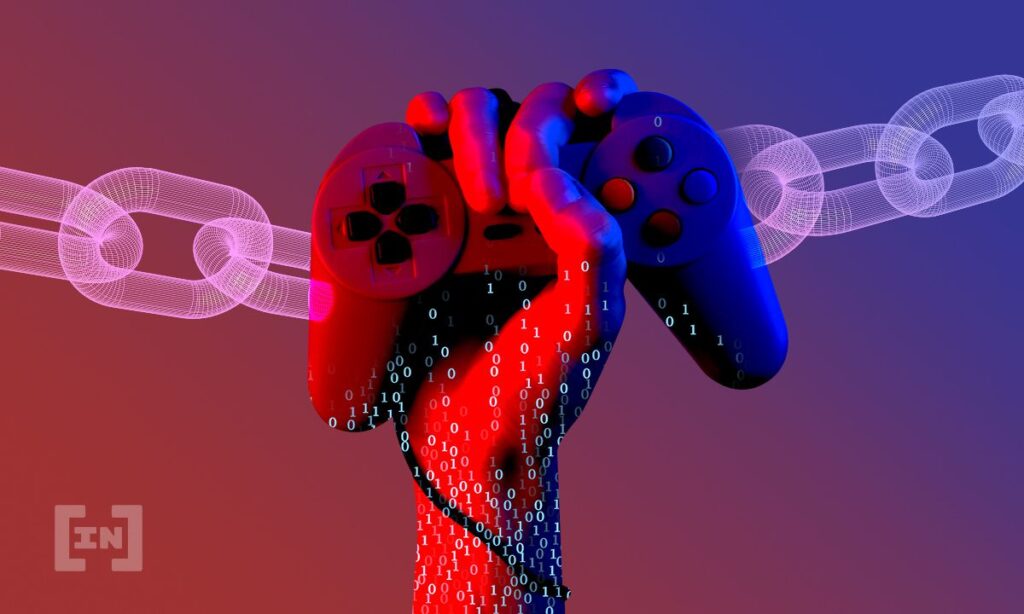Introduction
The gaming world is evolving rapidly, and NFT games are leading the charge. Unlike traditional games where in-game items remain within the game, NFT games allow players to own, trade, and even earn real-world value from their digital assets. This beginner’s guide will walk you through everything you need to know to start your play-to-earn journey.
What Are NFT Games?
NFT games, or Non-Fungible Token games, are digital games where in-game assets—like characters, skins, items, or land—exist as unique tokens on a blockchain. Each NFT is verifiable, scarce, and fully owned by the player.
How NFT Games Differ from Traditional Games:
- Ownership: Players truly own in-game assets and can sell or trade them.
- Monetization: In-game achievements can translate into cryptocurrency or NFT value.
- Interoperability: Some NFTs can be used across multiple games.
- Decentralization: Player actions can influence the game’s economy and development.
These features make NFT games not just a source of entertainment but also a potential income opportunity.
How Blockchain Powers NFT Games
Blockchain technology is the backbone of NFT gaming, ensuring security, transparency, and trust.
Key Features:
- Verified Ownership: Every NFT’s history is permanently recorded, preventing duplication or fraud.
- Security: Digital assets are safe from hacks due to decentralized ledger technology.
- Transparency: Transactions are publicly auditable, ensuring fairness.
Popular blockchain networks for NFT gaming include Ethereum, Solana, and Polygon. These platforms allow smart contracts, enabling automated and secure transactions within the game ecosystem.
Benefits of NFT Gaming
NFT gaming brings several advantages compared to traditional gaming:
- Play-to-Earn Opportunities: Earn cryptocurrency or NFTs by completing quests, battling, or staking digital assets.
- Digital Ownership: True ownership of items lets players buy, sell, or trade NFTs across platforms.
- Interoperability: Assets may function in multiple games, increasing their utility and value.
- Community Engagement: Players often participate in governance decisions for game development or virtual economies.
These benefits attract not only gamers but also investors seeking new digital opportunities.
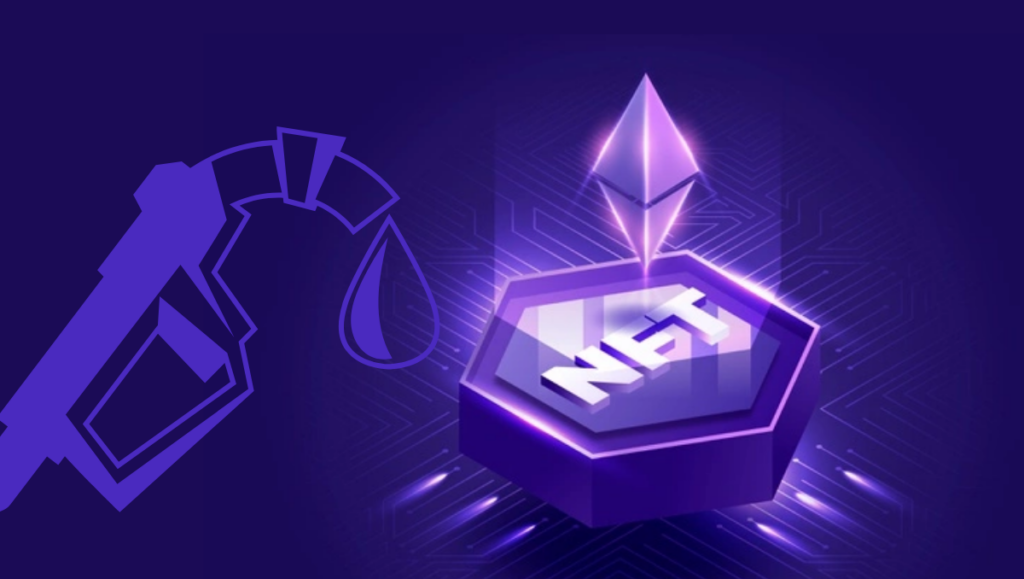
Popular NFT Games for Beginners
1. Axie Infinity: Players breed, battle, and trade creatures called Axies. Earnings come from SLP tokens that can be converted to real money.
2. Decentraland: A virtual world where players can buy land, host events, and earn revenue from virtual commerce.
3. The Sandbox: A platform where creators can build interactive experiences, sell assets, and participate in a player-driven economy.
4. Illuvium: An open-world RPG where players capture, trade, and battle NFT creatures, combining gaming with investment potential.
5. Gods Unchained: A blockchain-based card game allowing true ownership of collectible cards and profit from secondary market trading.
Starting with beginner-friendly platforms like Axie Infinity or The Sandbox allows new players to learn the NFT gaming ecosystem with lower risk.
Steps to Get Started with NFT Games
Step 1: Set Up a Digital Wallet
You’ll need a crypto wallet (like MetaMask) to store NFTs and cryptocurrencies earned through gaming.
Step 2: Buy Cryptocurrency
Purchase cryptocurrency compatible with your chosen game. Ethereum is widely used for NFT gaming.
Step 3: Choose Your Game
Select a game that fits your interests and investment level. Consider starting with lower-cost entry games.
Step 4: Understand the Marketplace
Learn how to buy, sell, and trade NFTs within the game’s ecosystem. Platforms like OpenSea or game-specific marketplaces facilitate transactions.
Step 5: Play and Earn
Participate in quests, battles, or staking opportunities to earn tokens. Remember to monitor market conditions for optimal earnings.
Risks and Controversies
While NFT games are exciting, beginners should understand potential pitfalls:
- Market Volatility: Cryptocurrency and NFT values can fluctuate drastically.
- Scams and Rug Pulls: New projects may be fraudulent or lack sustainability.
- Environmental Concerns: Proof-of-work blockchains can consume large amounts of energy.
- Regulatory Uncertainty: Laws surrounding NFTs and digital assets vary globally and may change.
Being informed and cautious helps minimize risks while exploring NFT gaming.
Future Potential of NFT Games
The potential of NFT games extends far beyond individual gameplay:
- Metaverse Expansion: Integrated virtual worlds where users own digital assets, socialize, and earn.
- Decentralized Economies: Players can participate in virtual governance, influencing economic decisions.
- Innovative Monetization: In-game assets, land, and collectibles provide new revenue streams.
As blockchain adoption grows, NFT games are poised to reshape gaming, investment, and digital interaction in unprecedented ways.
Conclusion
NFT games offer beginners a unique opportunity to combine gaming with financial incentives. By understanding blockchain, digital ownership, and play-to-earn mechanics, players can participate in virtual economies while enjoying immersive gaming experiences. Awareness of risks and gradual involvement will ensure a safer and more rewarding journey in this emerging digital frontier.
